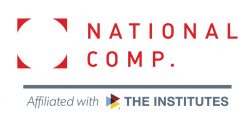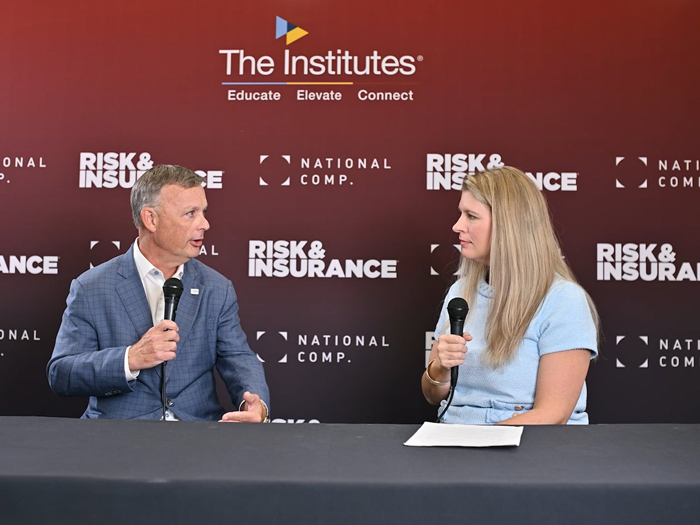Employees Are Reeling From a Year of Trauma. How Critical Incident Stress Debriefing Can Help
For employees of all kinds the past two years have been uniquely stressful.
Working in an office is a hazy memory since many of us pivoted to remote work to remain safe during the COVID-19 pandemic.
First responders, frontline workers and doctors and nurses had to manage the stress of working while a deadly virus spread amongst them.
In the first months of the pandemic, one survey found that 45% experienced burnout. It also noted that 50% of respondents felt less connected to colleagues, 36% felt less positive about their careers and 45% felt less productive.
These affects continued as the pandemic raged on.
One survey found employee mental health and wellbeing dropped 33% since the pandemic started. Another found that 89% of workers felt isolated, distracted or disconnected.
These workers aren’t just stressed because of the state of the world, but also because of the work their jobs require them to do. Doctors and nurses are experiencing burnout and other mental health struggles after over a year of caring for deeply sick and dying patients.
“The impact of COVID was felt by everyone,” said Karen Thomas, director of case management innovation, CorVel Corporation. “There’s been a real rise with mental health issues.”
Acting to help these workers isn’t just kind, it is imperative.
To aid these workers in recovering after the pandemic, employers should employ critical incident stress debriefing (CISD).
A practice long-used to help people who have experienced traumatic events, CISD helps people process their emotions immediately after an incident occurs.
CISD involves assessing the impact of an event on an employee, addressing immediate safety concerns to help employees feel more secure. Then, a provider will validate the emotional responses employees have to an event and help them make a plan to recover.
“This is a specific technique that’s designed to assist people in dealing with the physical or psychological symptoms that are associated with a trauma exposure,” Thomas said. “It has to happen typically no more than 24 hours after [the event]. It really assists in mitigating the long term trauma.”
In the past, CISD has been used to aid soldiers struggling with PTSD or workers who have witnessed workplace violence such as a shooting or an armed robbery.
But as more workers experience anxiety, depression and chronic stress due to the traumas of the pandemic, employers are beginning to see the value in using CISD to help people recover and return to the office.
“It helps people to process the event, and begin to deal with the emotions surrounding it,” Thomas said.
Thomas worked with Sharon L’Heureux Dressel, risk manager for the City of Beverly Hills, to implement a critical incidence and COVID-19 traumatic stress debriefing program for city employees.
The duo will discuss their work during a session at the National Workers’ Compensation and Disability Conference. Through their program, a nurse from CorVel trained in CISD is available either virtual or in-person to help employees debrief after an event.
“More and more employers are discovering that they have to support their employees holistically,” Thomas continued.
“With COVID, there’s been a real outcry for support in that space.” &
 National Comp — the National Workers’ Compensation and Disability Conference — is back! We’re planning an in-person show for October, 20-22, 2021 and we’re excited to see everyone while still adhering to all safety protocols set forth by local and national health authorities at the time of the event. Register today!
National Comp — the National Workers’ Compensation and Disability Conference — is back! We’re planning an in-person show for October, 20-22, 2021 and we’re excited to see everyone while still adhering to all safety protocols set forth by local and national health authorities at the time of the event. Register today!
This year, we’ll feature seven tracks — from core content on medical and pharmaceutical management, claims and return-to-work, plus new and expanded avenues to explore like risk finance and injury prevention. All of our educational sessions are chosen for their ability to deliver sound takeaways and ideas that attendees can use right now.
In the meantime, National Comp will continue bringing you free virtual, educational content through our digital sessions series and our CompTalks program. Register today to make sure you don’t miss a digital session and check out our on-demand CompTalks library. Missed a session? Watch it here on-demand.










